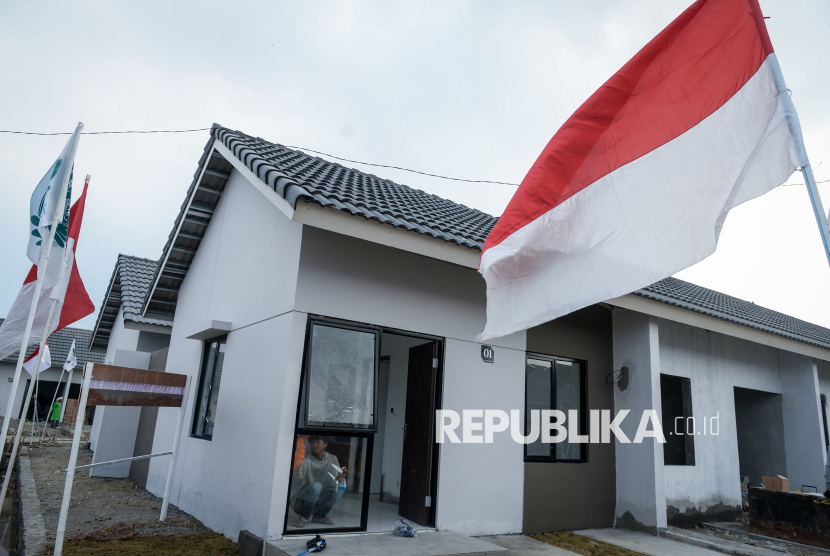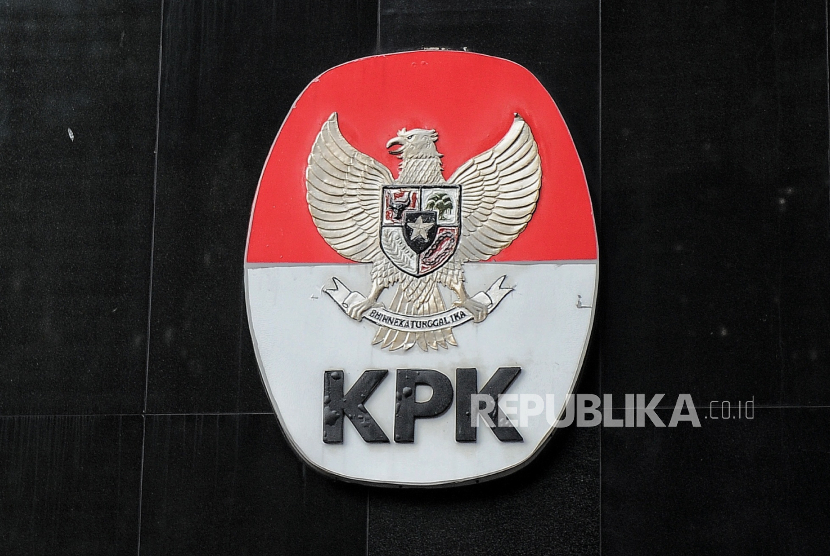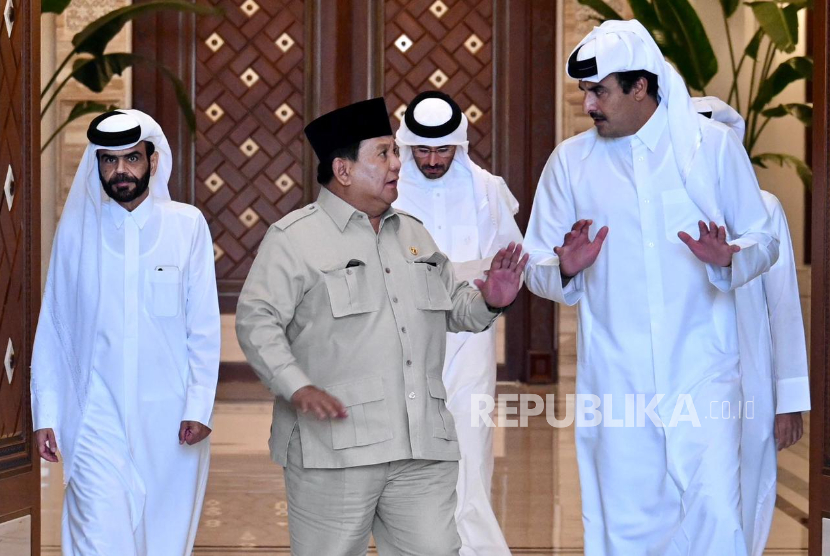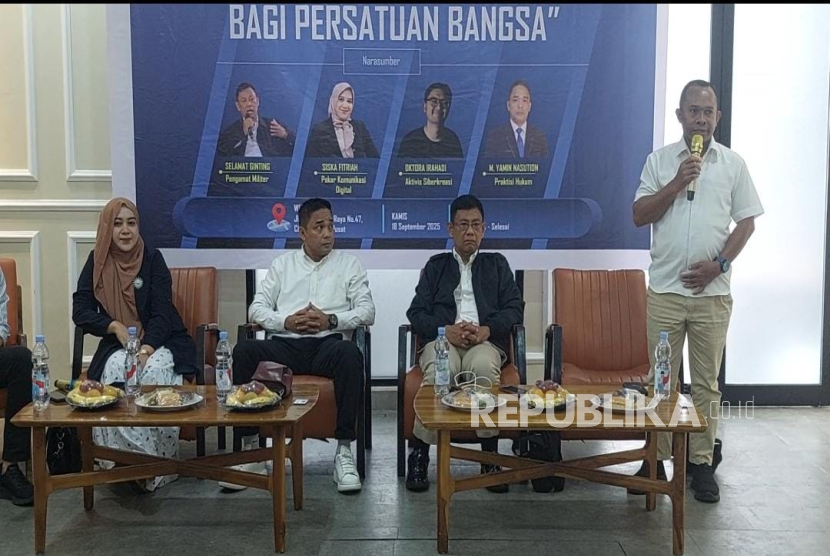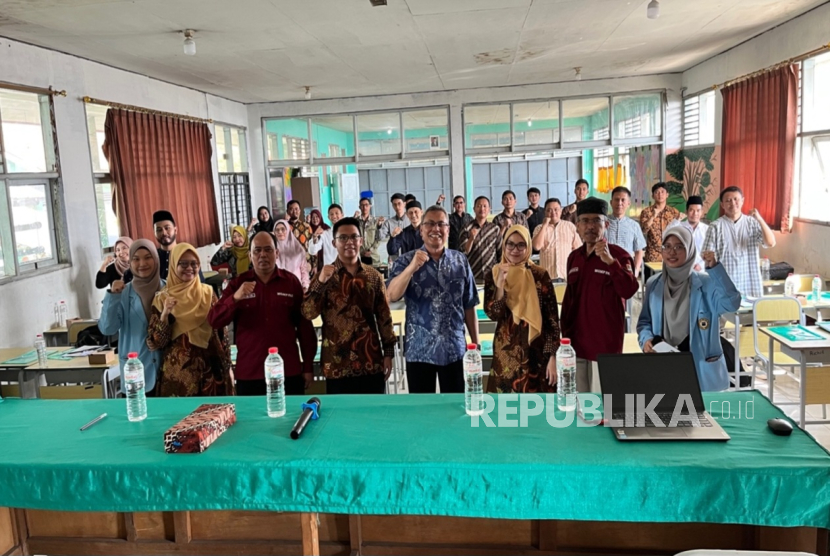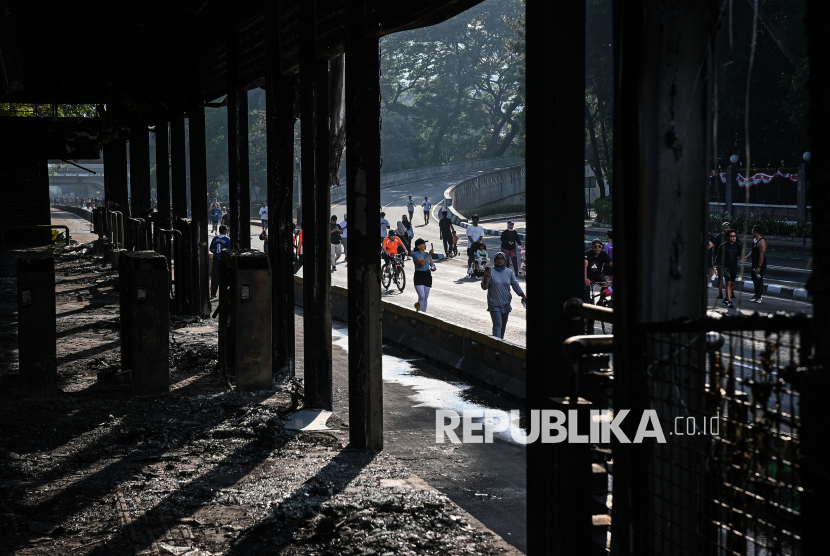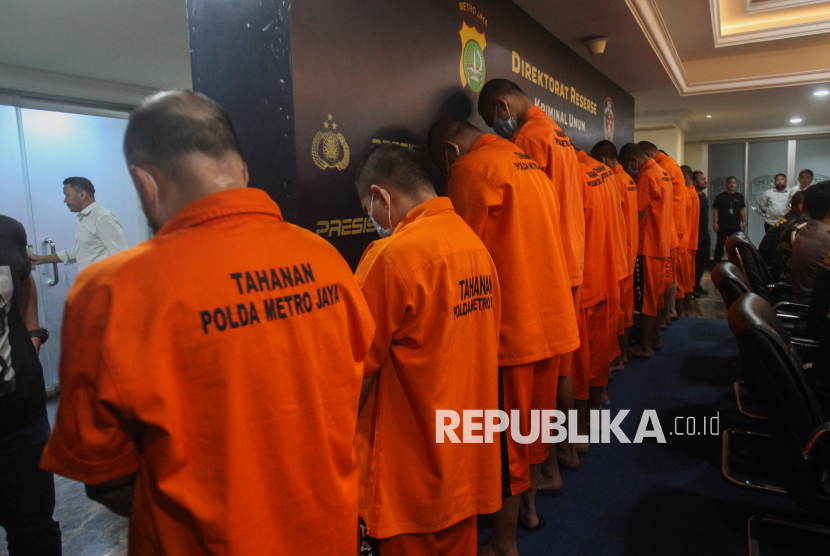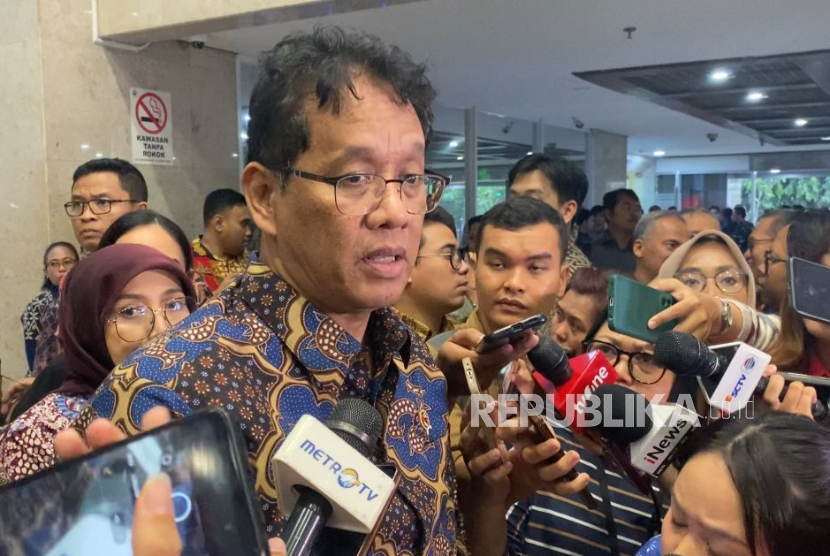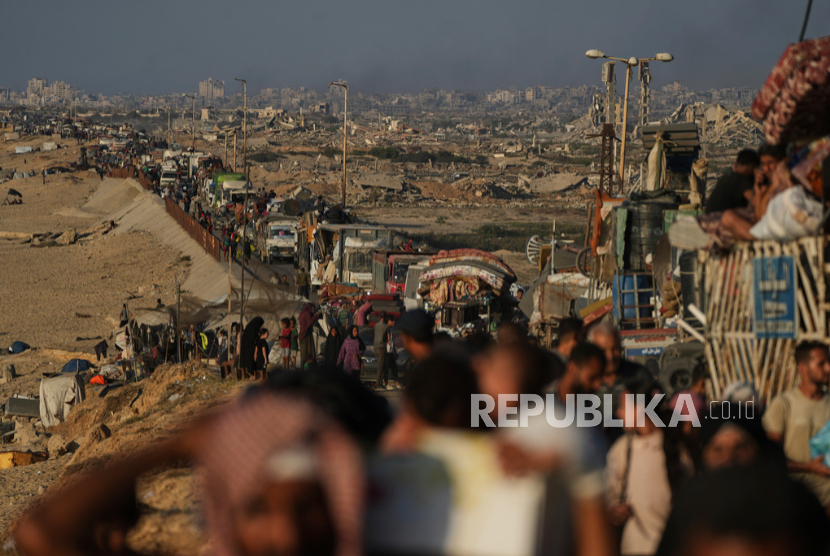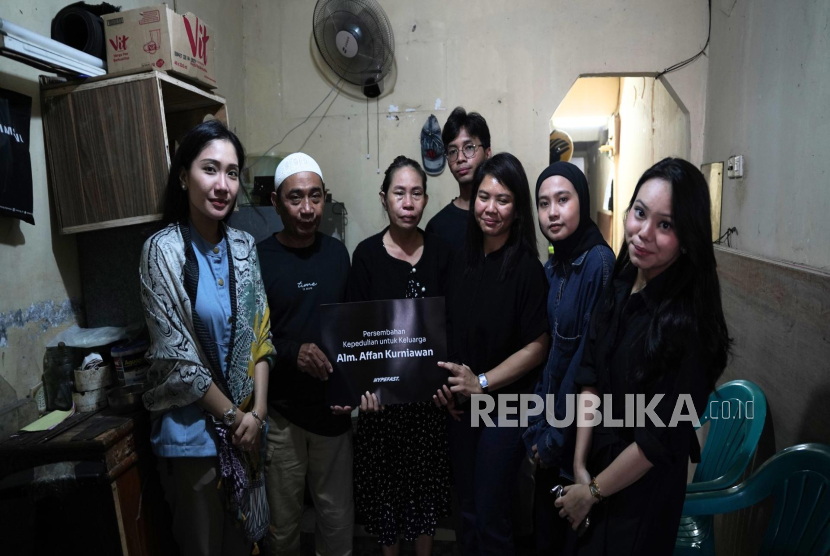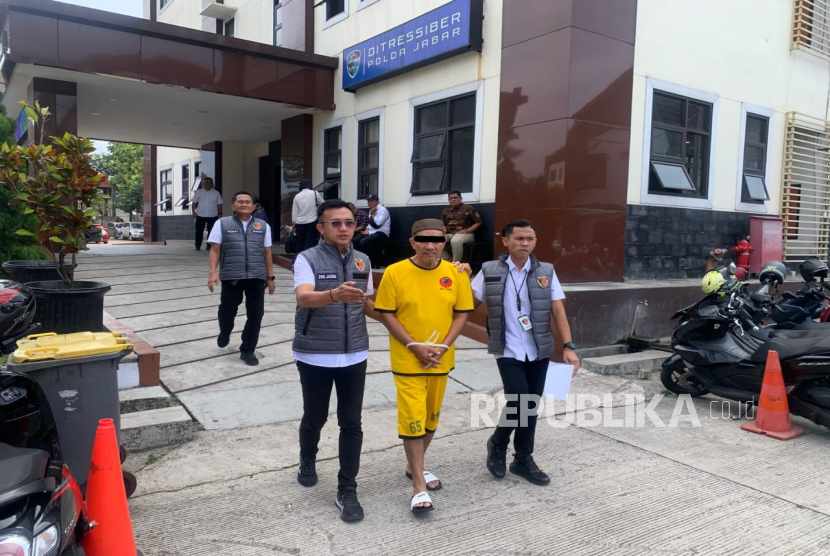REPUBLIKA.CO.ID, JAKARTA — Indonesia is pushing ahead with the long-awaited Sharia Economy Bill, aiming to strengthen the country’s Islamic finance and economic ecosystem by unifying existing regulations under a single legal framework.
Indonesia’s 13th Vice President Ma’ruf Amin has called on stakeholders to ensure proper oversight in the drafting of the Sharia Economy Law, emphasizing the importance of collaboration to strengthen the national roadmap.
Speaking virtually at the 1st Anniversary of the Center for Sharia Economic Development (CSED) Indef at Paramadina University, Jakarta, on Thursday (Sept 18, 2025), Ma’ruf encouraged CSED to actively contribute to the development of sharia economy policies.
“I gave some advice to CSED to help develop several key areas. First, strengthening regulation and policy, namely, drawing up a national roadmap for the sharia economy,” he said.
Ma’ruf underlined the need for harmonization among stakeholders in shaping the law, including the Financial Services Authority (OJK), Bank Indonesia (BI), the Coordinating Ministry for Economic Affairs, the Ministry of Finance, and the Ministry of Religious Affairs.
Currently, the Draft Bill on Sharia Economy is still under discussion in parliament. Ma’ruf expressed hope that the legislation would consolidate various existing regulations into a single comprehensive framework.
“We should strive to establish a unified Sharia Economic Law that brings together all existing rules into one cohesive system,” he said.
The Draft Bill on Sharia Economy (RUU Ekonomi Syariah) is expected to be passed soon as part of efforts to strengthen Indonesia’s sharia economy and finance ecosystem. To support this roadmap, the Center for Sharia Economic Development (CSED) Indef has prepared an academic paper recommending that regulations on sharia economy should not be sectoral in nature.
“We already have the academic manuscript. In it, we emphasize that development should not be sectoral. There needs to be a linkage between the real sharia economy and the sharia financial sector,” said Nur Hidayah, Head of CSED Indef.
Nur explained that synergy is needed between the real sharia economy and sharia financial institutions, including commercial institutions such as Pegadaian, microfinance institutions, sharia insurance, and Islamic social finance bodies like the National Zakat Agency (Baznas), zakat management organizations (LAZ), the Indonesian Waqf Board (BWI), and nazir (waqf managers).
“The idea is for them to work in synergy and be interconnected. For example, financing for the halal real sector has so far relied heavily on conventional financial institutions. Why not provide access through sharia-based institutions instead?” she said.
Addressing criticism that sharia financial services are more expensive, Nur said this is precisely where the government should step in.
“Some say the cost is higher. That’s where the government must intervene by issuing policies, subsidies, or incentives to intensify the linkage between the halal real sector and sharia finance. This will truly form a comprehensive ecosystem,” she explained.
CSED Indef Advisor Murniati Mukhlisin added that the bill is currently being discussed by the government, and the institution fully supports its prompt passage into law. A Sharia Economy Law, she said, would provide stronger and more comprehensive legal certainty, boosting the growth of the sharia economy ecosystem.
Murniati stressed the need for urgency, warning against delays in finalizing the bill in parliament. She argued that swift enactment could create positive sentiment among investors toward Indonesia’s sharia economy.
“We already have the Sharia Banking Law from 2008, which is good. But it took a very long process, from 1992 to 2008, 16 years of waiting. No wonder investors chose not to come and instead went to Malaysia,” she said.
Malaysia, she noted, enacted its sharia economy law in 2013, positioning itself as a global leader in Islamic finance. “They are very quick when it comes to legal matters,” she remarked.
Murniati expressed hope that the Sharia Economy Law in Indonesia will attract more foreign investors and energize the domestic market. “This law will serve as a legal umbrella, making the rules clear. We mean business. Foreign investors will be more confident if the regulations here are firm,” she said.

 2 hours ago
4
2 hours ago
4
